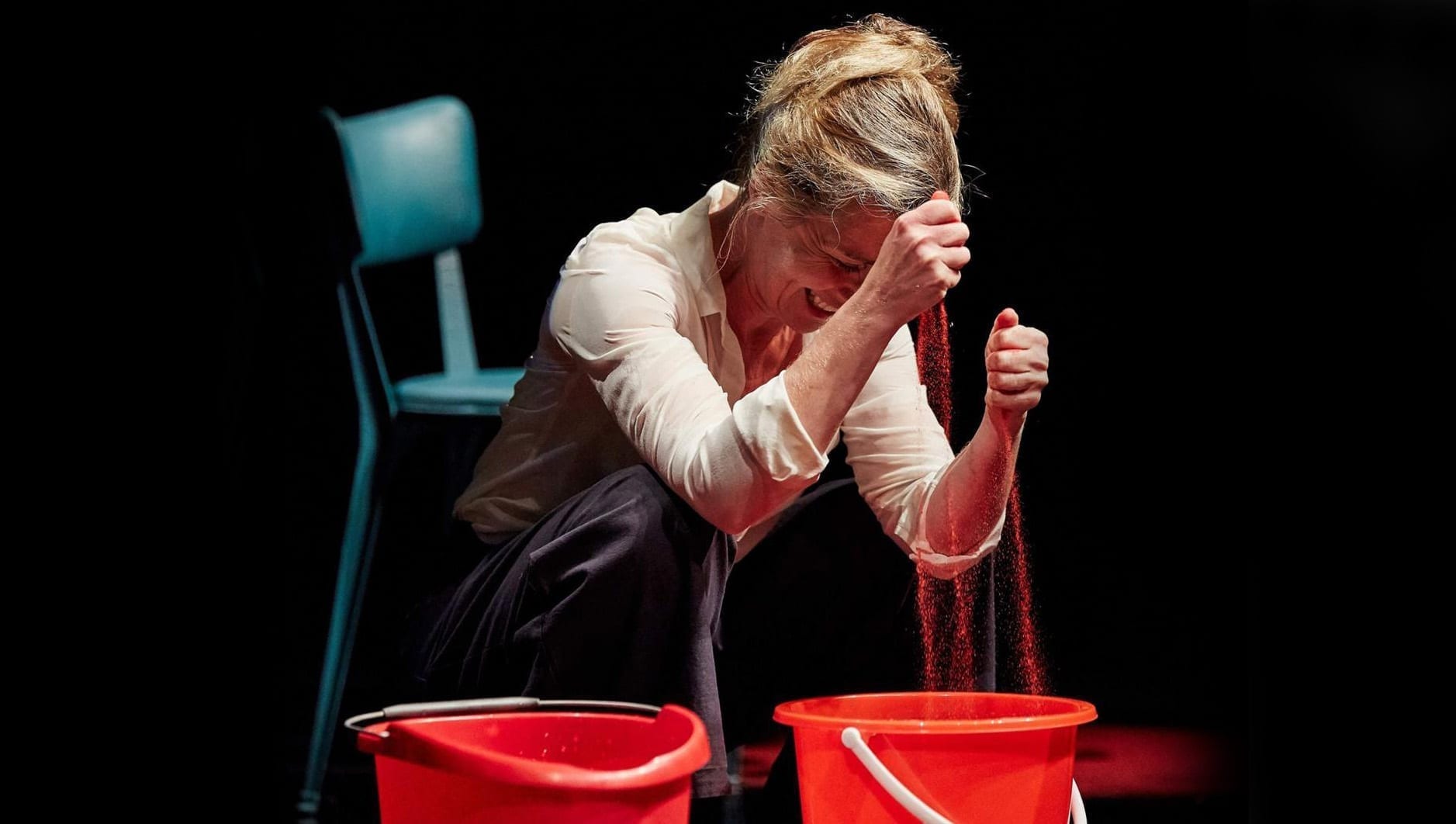Alice’s Birch’s 2014 play is a transfer from the Making Mischief season at the RSC: a collection of four new plays about language, race and gender.
It’s a series of loosely connected scenes exploring what it means to be a radical feminist today. How to revolutionise how we talk about sex? How to revolutionise the workplace? How to revolutionise our living arrangements? How to revolutionise how we think about our bodies?
In some ways it’s a meditation on the shortcomings of second-wave feminism: how so many of the values espoused during the 60s, though widely discussed, evidently weren’t put into action.
But it’s also a play that explores the dark underside of revolutionary fervour: what are the limits of sexual liberation? What are the costs of policing language in terms of our relationships? And what are the psychological ramifications of fixating on these issues?
Birch’s play concentrates on the traumas incurred by confronting these issues as much as it does on the problems themselves.
The play is full of challenges – both in content and in form. Kicking off with a scene about correcting the language of male dominance that typically characterises how we talk about sex: things get increasingly challenging as the narrative cohesion of the play crumbles, reflecting the uncertainties and sense of lostness in navigating these issues within a 21st century context.
This production feels a little too polished, and a little too safe. The performances are charged and full of precision – but to a fault. Birch’s text is messy; its language enraptures twenty-first century inchoateness and uncertainty when it comes to talking about gender politics; in its final scenes it descends into total anarchy and disarray.
Though technically accomplished, this production feels far too clean and self-aware to give the play the punch it deserves.

